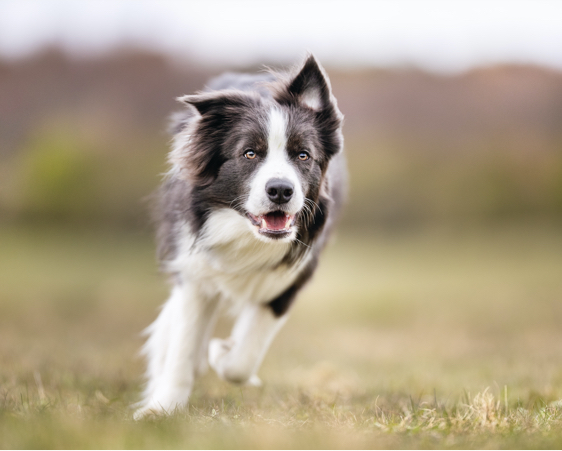Childhood obesity is an epidemic in this country. Our pets aren’t far behind. In fact, a 2005 study from Purina found that 60 percent of America’s pets are overweight.
Dog owners spent nearly $300 a year on food and treats last year, and cat owners spent more than $200, according to the 2007 American Pet Products Manufacturers Association.
Don’t let your pet become another statistic. Obesity is a top health concern for veterinarians—excessive weight causes the same problems in pets as it does in humans.
Obesity Creates Additional Health Concerns
Diabetes, heart and lung diseases, bone and joint diseases, skin conditions and different types of cancer are more common in overweight animals, as is a shorter life expectancy.
That’s why it’s important to follow feeding and exercise guidelines set by your veterinarian for your pet’s specific needs. For instance, a large-breed dog, such as a German shepherd, will have different nutritional requirements than a Chihuahua or other small-breed dogs.
Cats seem to regulate their diets better than dogs (VPI Pet Insurance policyholders filed 338 claims for canine obesity last year and more than 50 for cats). So although there are overweight cats, it is a more common problem among dogs.
A 2006 study by Pfizer Animal Health showed that while 47 percent of veterinarians felt their canine patients were obese, only 17 percent of dog owners agreed.
Signs of Pet Obesity
Take your pet to the veterinarian for regular checkups. Ask if weight is an issue. You can also do these simple tests to determine if your pet has a problem:
- You should be able to feel your pet’s ribs without pressing.
- You should see a noticeable “waist” on your pet, between the back of the ribs and the hips, when viewing your pet from above. When looking from the side, your pet’s belly should go up from the bottom of the ribcage to inside the thighs.
If your pet fails these tests, he is likely overweight.
Be honest and objective about your pet’s weight. A 2006 study by Pfizer Animal Health showed that while 47 percent of veterinarians felt their canine patients were obese, only 17 percent of dog owners agreed.

